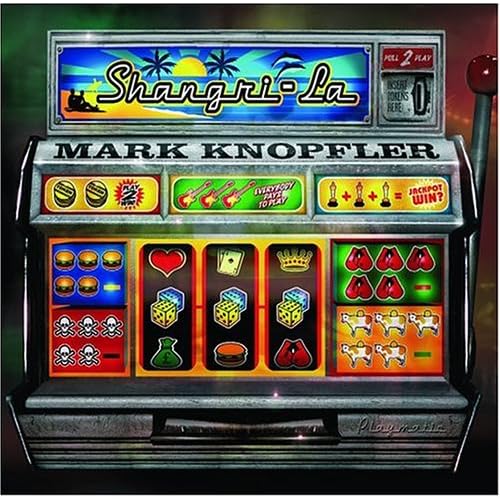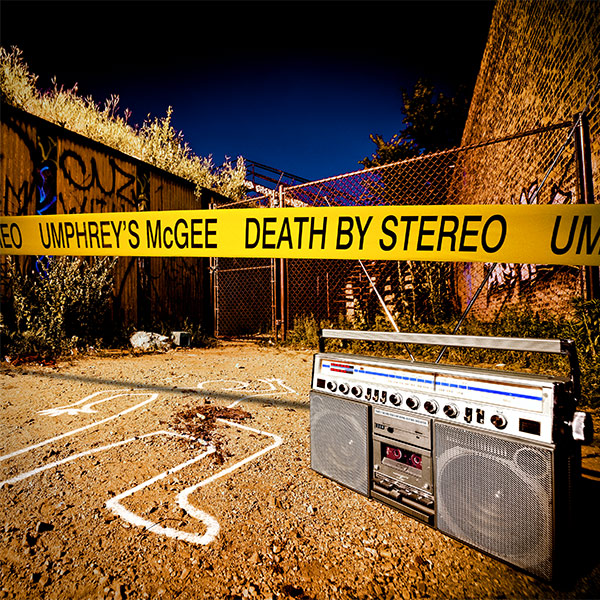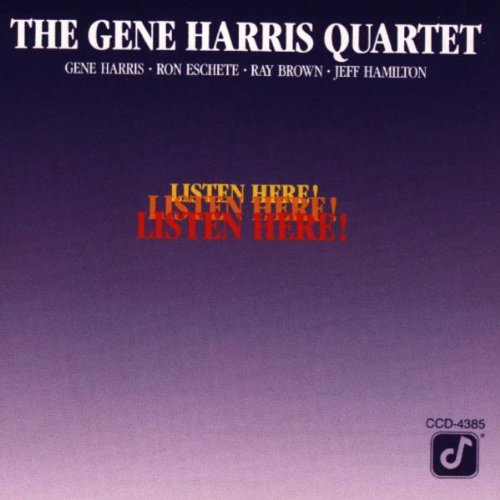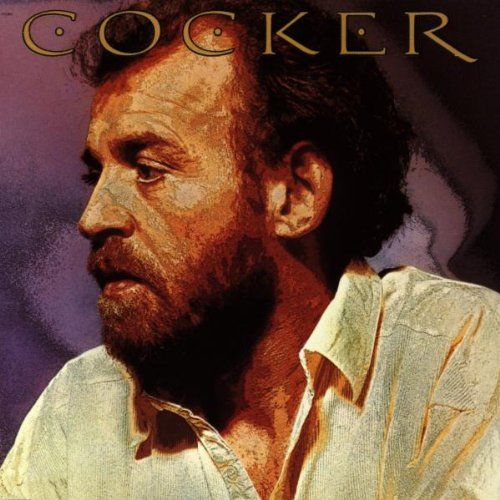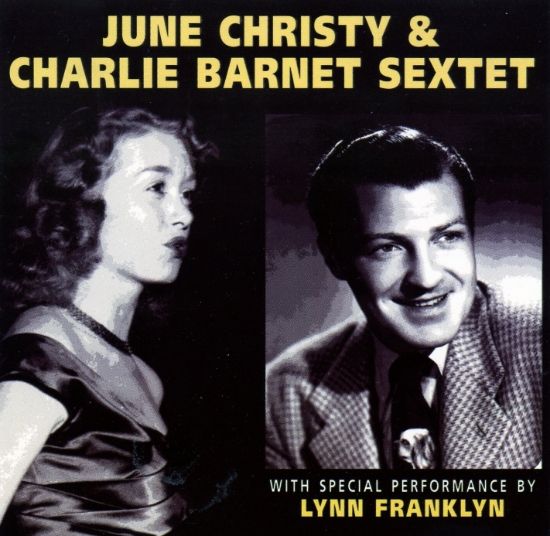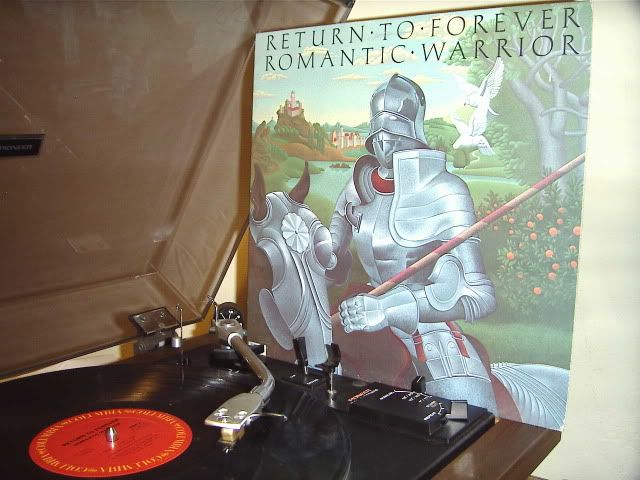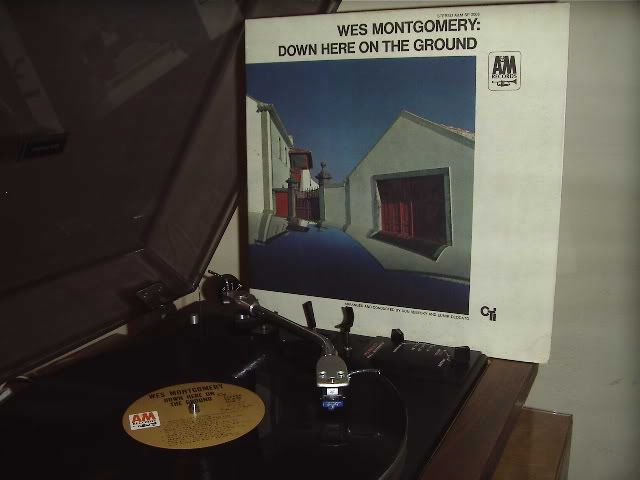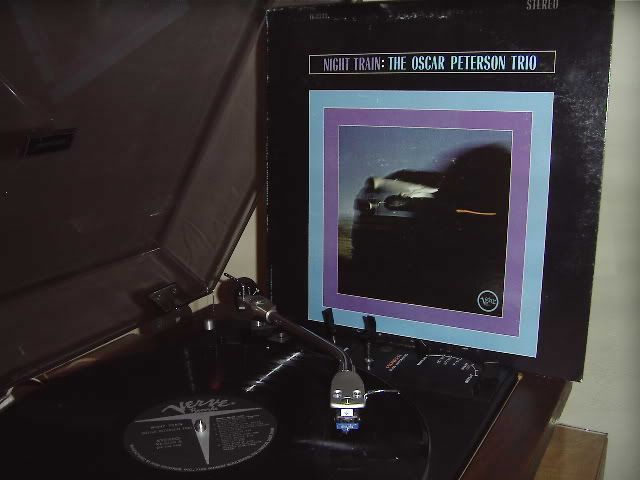Sur La Mer -- Remastered CD
Moody Blues
1988 Polydor Records
Pop Moodies October 14, 2004
By Lonnie E. Holder HALL OF FAMETOP 500 REVIEWERVINE VOICE
Format:Audio CD
"Sur La Mer" was the fourth and final original Moodies album released in the 80s. The album was an improvement over "The Other Side of Life," which tried too hard to fit with the commercial music of 1986 and which succeeded with "Your Wildest Dreams." However, the music in that album tried to make The Moody Blues 80s hip, and historically their music has been their own, not their interpretation of current pop. Unfortunately, that tendency lingers on a few songs in this album.
On the positive, Patrick Moraz' overpowering keyboards were toned down significantly from the previous album; a much needed improvement. Also, there are several very good songs. Some of the better songs sound similar to the Justin Hayward and John Lodge solo effort "Blue Jays," but that is to be expected since both wrote or co-wrote every song on this CD.
There are several negative aspects to this album. Probably the most significant is the absence of flautist and vocalist Ray Thomas. Ray has always helped expand the breadth of the Moodies' music, and his absence is noticeable. Another negative is that some of the music tries too hard, again, to be current with musical trends of the late 80s. This characteristic is attributable to the creative leadership of Justin Hayward and John Lodge, who appeared to be looking for a more commercial sound. Another disturbing aspect of this album is the heavy reliance on synthesizers. Both Justin Hayward and John Lodge are credited with drum sequencing, which seems to me to be synthesized drums. Tony Visconti is also credited with programming, which I take to mean synthesizers of some type. While I applaud the lesser role of Patrick Moraz on this CD, I also wonder what he was doing when three others were doing synthesizer work.
The CD kicks off with "I Know You're Out There Somewhere," a lengthy combination of music and vocals that is considered the follow up to "Your Wildest Dreams" from "The Other Side of Life." This romantic ballad about seeking a lost love was a syrupy sweet video, and yet it worked for me. This song is also one of the few that inherited a flavor of the progressive rock for which the Moodies were once known, though this song is solidly pop. While fans of the classic 7 may bemoan the light lyrics and pop beat, the song is well written and performed. This song is one of the best on this CD.
Another excellent love ballad, "Want to Be with You," follows. Portions of the song have a wonderfully bombastic nature that reminds me of some of the most challenging of early Moodies music, though the song is pop. The harmonies on this song are also well done. This song is another of the better songs on this CD.
The third song, "River of Endless Love," is a throw back to "The Other Side of Life." The song is fast and tries too hard to show how current the Moodies can be. The cutesy synthesizer introduction turns me off as does the synthesizer in several other places. The vocals are acceptable, but this song just feels like commercial filler.
"No More Lies" is a sincere and wonderful Justin Hayward ballad, which means, of course, that it really is not a Moody Blues ballad. However, it is a wonderfully mellow ballad. There are moments in this song that anticipate "The View from the Hill," a 1996 Justin Hayward release that could easily have included this song. This song is an indication of the reason Justin Hayward has been given awards for his song writing ability.
Another relatively weak song is "Here Comes the Weekend." The vocals and music are played well, but the song seems like a low point on this CD.
"Vintage Wine" has Moody Blues lyrics with pop music. The lyrics are generally excellent, and had this song been influenced by the entire team, including Mike Pinder, it could have been a phenomenal Moodies song with airy synthesizers and a haunting flute.
"Breaking Point" at first seems a bit too pop, but read the lyrics and you realize the person in this song is incredibly haunted, perhaps by a lost love or loved one. The song could have been more heavily orchestrated and the lack of creative synthesizers again leaves the song wanting for more power, but is still reasonably good.
The disco-sounding "Miracle" would be fine for a group that specializes in dance music, but not the Moodies.
John Lodge redeems himself on "Love Is on the Run," easily his best contribution on this CD, ranking with "Want to Be with You" that he co-wrote with Justin Hayward. The soaring vocals and keyboards come together to create one of the more powerful songs on this CD.
The CD ends with "Deep," the fourth Justin Hayward written song. At last is a flavor of the depth the Moodies once had. Admittedly the song brings a flavor only, but it is there. The lyrics have a little spiritual new age flavor and Justin's vocals climb in places to emphasis portions appropriately. While there are some things about the music that I find slightly annoying, particularly some of the electronic percussion, this song also features some of the more intricate music on this CD.
Moody Blues CDs of the 80s suffered from a lack of concept and too much variety in musical styles; this CD suffers from both. However, there are some moments on this CD that make this CD quite worthwhile. Indeed, had a mere three songs been replaced by other songs the CD would have been much stronger. Had the remaining songs had more influence by Ray Thomas, and, in my dreams, Mike Pinder, this CD could have been absolutely phenomenal. However, in spite of the flaws, this CD is one of the better CDs of the post "Long Distance Voyager" era and well worth having in any Moody Blues fan's CD collection.
Track Listing
1. I Know You're Out There Somewhere
2. Want to Be With You
3. River of Endless Love
4. No More Lies
5. Here Comes the Weekend
6. Vintage Wine
7. Breaking Point
8. Miracle
9. Love Is on the Run
10. Deep
The Moody Blues: Justin Haywood (vocals, guitar, keyboards, programming);John Lodge (vocals, keyboards, bass, programming); Patrick Moraz (keyboards);Graeme Edge (drums).Additional personnel: Tony Visconti (programming).Recorded at Good Earth Studios, Soho, London, England
